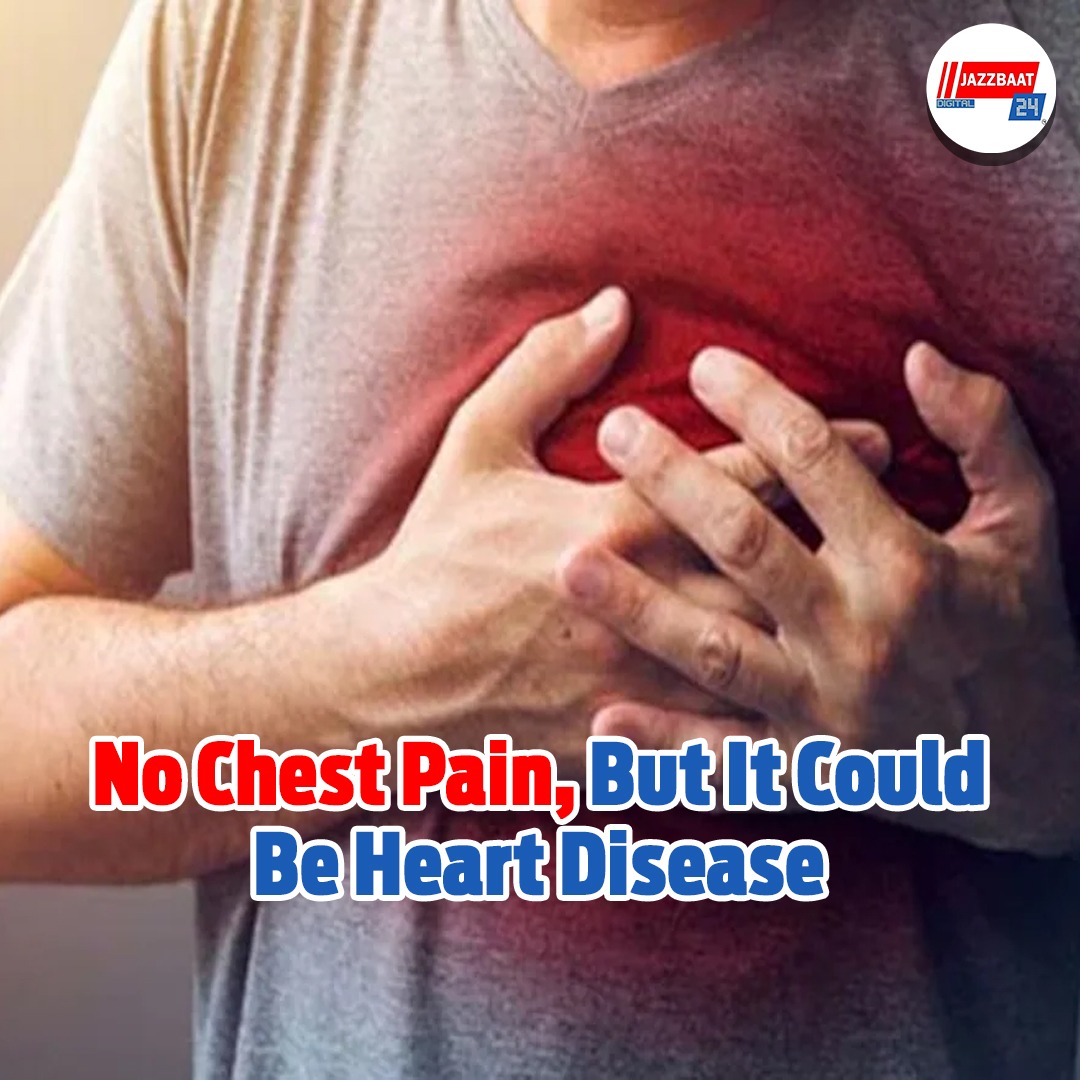
The idea that heart disease means unbearable chest pain is not always correct. In many cases, heart problems are indicated by some other symptoms, but due to ignorance, we ignore them. However, according to doctors, it is very important to be aware of these silent symptoms, because if the disease is diagnosed at an early stage, the hope of successful treatment increases to a great extent.
In addition to chest pain, know the five important symptoms of heart disease.
1. Unusual fatigue and weakness: If you feel tired or weak day after day without any special physical exertion, it can be an indicator of heart problems. When the heart cannot pump blood properly, the supply of oxygen and nutrients to different parts of the body decreases, which can result in such fatigue. If you are short of breath even while doing simple daily tasks or if your body feels unbearable fatigue, you should immediately consult a doctor.
2. Shortness of breath: If you experience shortness of breath even when walking or doing light work, or if you have difficulty breathing even when resting, this can be a serious symptom of heart disease. When the heart's efficiency decreases, blood can accumulate in the lungs, causing shortness of breath. Sometimes, shortness of breath can wake you up during sleep at night.
3. Fluid retention in the legs, ankles, or abdomen (edema): When the heart fails to pump blood efficiently, pressure increases in the blood vessels and fluid starts accumulating in various parts of the body, especially the legs, ankles, and abdomen. This can cause swelling in these organs, which is medically called edema. Sudden weight gain or difficulty wearing shoes are symptoms of this type of fluid retention.
4. Dizziness or fainting: If you occasionally feel lightheaded, have blurred vision, or suddenly lose balance and faint, it may be due to a heart problem. These symptoms occur when blood supply to the brain is reduced. Problems like irregular heartbeat or heart block can cause this.
5. Persistent nausea or indigestion: Sometimes, persistent nausea, indigestion, or upper abdominal discomfort can be symptoms of heart disease. Especially if these symptoms increase during physical exertion, they should not be ignored. Women often suffer from heart disease with such vague symptoms.